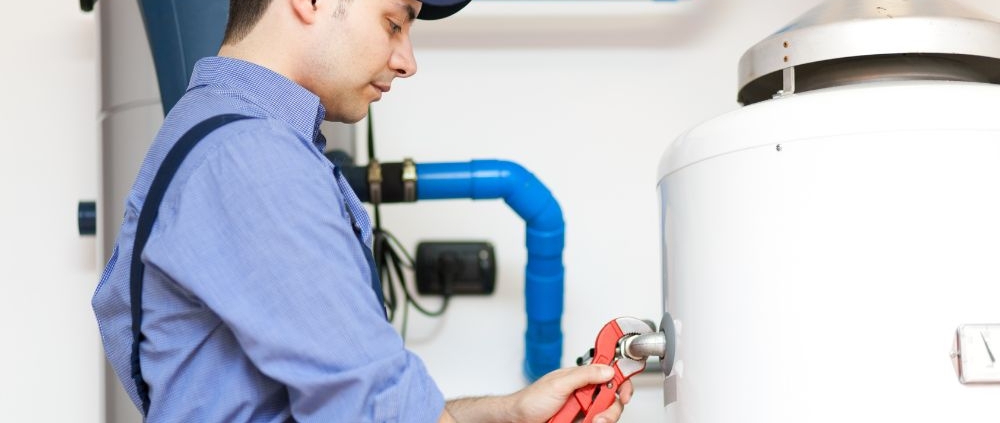Why Does Water From Geyser Smell Bad?
Common Causes of Bad Smells in the Geyser:
- Bacteria and Fungus Growth: Bacteria and fungi can thrive in your geyser, especially in warm and damp environments. These microorganisms can produce foul odors and affect the taste and quality of the water.
- Sediment Buildup: As water evaporates from the geyser, sediment and mineral deposits are left behind. Over time, these deposits can create a breeding ground for bacteria and fungi, leading to bad smells.
- Inadequate Ventilation: Poor ventilation in the geyser can cause the buildup of gases, such as hydrogen sulfide, which can result in a rotten egg smell.
- Corroding or Damaged Geyser Components: A geyser that is corroding or has damaged components can release foul odors.
Troubleshooting and Resolving Bad Smells in the Geyser:
- Flush the Geyser: Regularly flushing the geyser can help remove sediment buildup and reduce the chances of bacteria and fungus growth.
- Improve Ventilation: Ensure that the venting system is functioning properly and allowing for the proper release of gases.
- Clean the Geyser: Use a non-abrasive cleaner to clean the geyser, removing any residue or buildup that may contribute to bad smells.
- Check for Leaks or Damage: Inspect the geyser for any visible signs of damage or leaks. If you find any, consider replacing the affected components or consulting a professional plumber.
- Maintain the Geyser’s Temperature: Keep the geyser’s temperature at a moderate level to prevent the growth of bacteria and fungus.
Conclusion:
Bad smells in your geyser can be caused by bacteria and fungus growth, sediment buildup, inadequate ventilation, and corroding or damaged components. By understanding these causes and following the troubleshooting tips provided, you can effectively address the issue and improve the quality of your water. If you’re unsure about how to resolve the problem, it’s always best to consult a professional plumber or geyser repair service for assistance.



